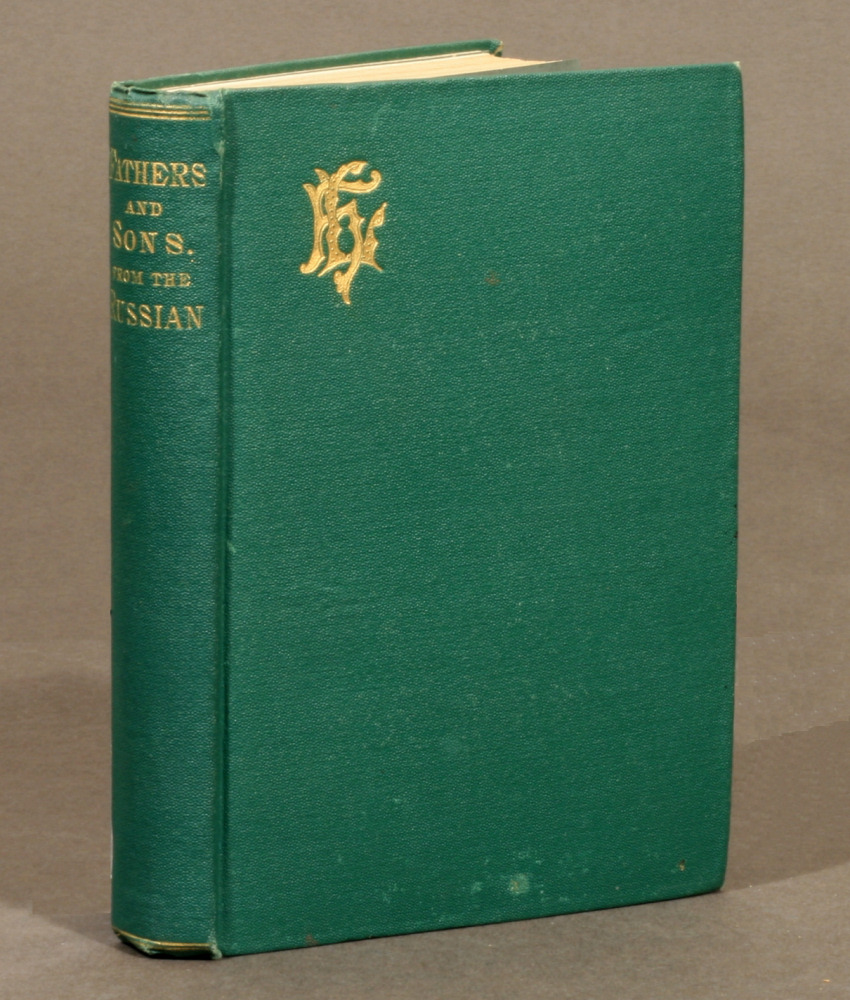
Fathers and Children online resources

Translated by Eugene Schuyler. New York: Leypoldt and Holt, 1867.
I feel I should spend a moment on the title, which has been a problem since the first English translation. The Russian title is Ottsy i deti, literally translated as “Fathers and Children”. Eugene Schuyler provided the first English translation, published in 1867. Schuyler’s translation was published in England as Fathers and Children while the American title was Fathers and Sons. I’m reading the translation by Michael R. Katz, so I’ll be consistent with his choice of titles in my posts. Some of the links below will have the ‘Sons’ title…. While not losing any sleep over the differences, I did want to point out the confusion and differences.
The text can be found here, translation by Richard Hare
An audio version at LibriVox
Some online resources for Turgenev can be found in this post
The Wikipedia entry on the novel
Here are a few articles or sites that I found interesting that are outside the normal study guide format:
The Novels of Turgenev: Symbols and Emblems, by Richard Peace, Professor Emeritus, University of Bristol
Supplemental material to help understand the book, prepared by Prof. Catherine Kulesov (retired), and provided by Dr. Gary R. Jahn for his classes at the University of Minnesota.
Daniel Hocutt’s graduate seminar paper (at the University of Richmond)“Tracing Byron’s Influence on the creation and development of the nihilist Bazarov in Ivan Turgenev’s Fathers and Sons” is available online.
There is a lot available on Turgenev and the political turbulence of the day. Here are two sections:
Bazarov as nihilist?
Forces of Negation
That Byron fellow sure seems to have had some influence on Russian writers (among others).
In compiling these lists of resources, I often run across new blogs that make me want to dig into their archives and explore some more. Such is the reaction I got in reading Murr the cat’s take on this novel at The Lectern.
If anyone has a link for the song “Turgenev Women” by Centr (or Tsentr), let me know.